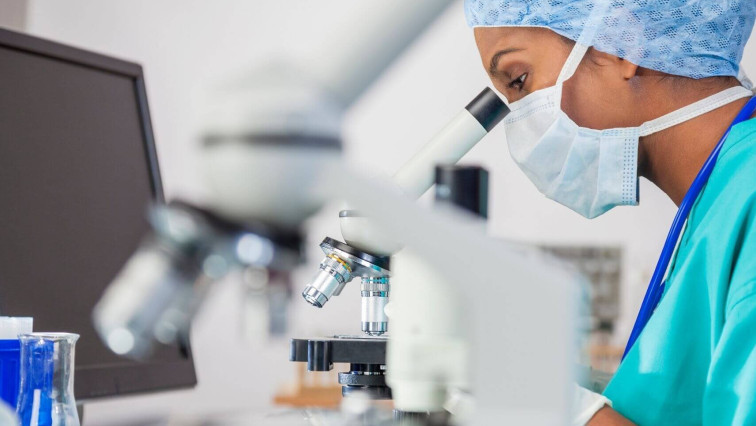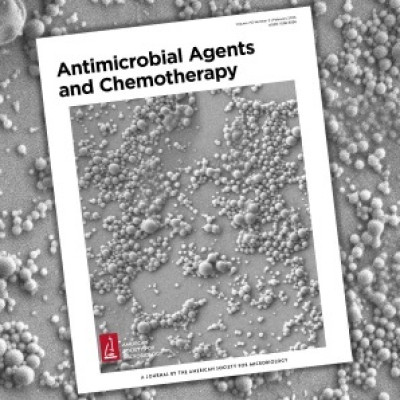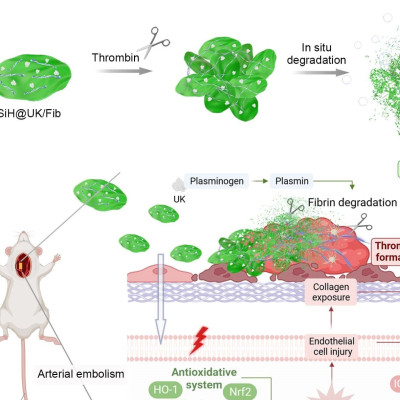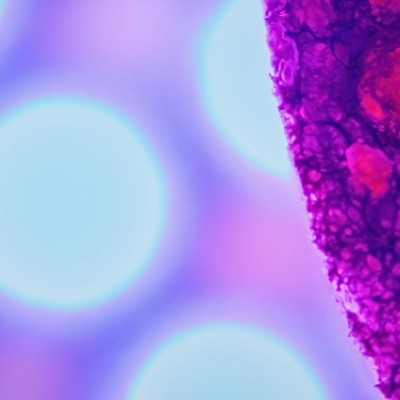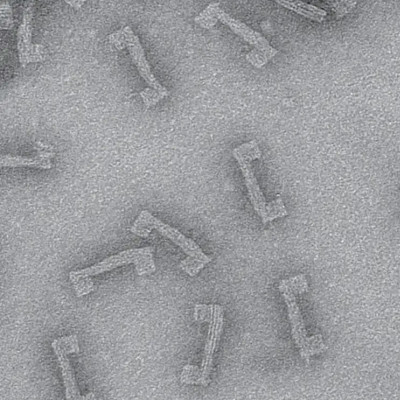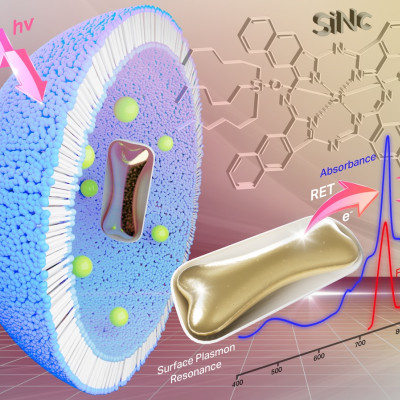Exosomes are lipid-bilayer nanoscale membrane particles (typically <200 nm in size) secreted by numerous cell types. Since exosomes exhibit a naturally derived composition and function as intercellular communication tools through the transfer and delivery of biomolecules, they have demonstrated great potentials in the fields of smart drug delivery and liquid biopsy.
However, due to the nanoscale size (30-200 nm) and low buoyant density of exosomes, their isolation and purification from complex biological fluids are still challenging.
Recently, a research team led by Prof. YANG Hui from the Shenzhen Institute of Advanced Technology (SIAT), Chinese Academy of Sciences (CAS), developed a label-free and biocompatible on-chip magnetic separation system for efficient extraction of exosomes from cell culture supernatant.
The study was published in Lab on a Chip.
In this study, the researchers constructed a label-free on-chip magnetic separation system based on the principle of negative magnetophoresis. The core unit of the system is a magnetic module with ultra-high gradient magnetic field, consisting of symmetrically distributed permanent magnets, high magnetic permeability perm-alloys, as well as on-chip magnetic pole arrays.
Based on the magnetic module, the system can generate an ultra-high magnetic field gradient in microfluidic channels for sample extraction. Thus, biological samples with extremely small size (in nanometers) can be collected, and the size resolution to distinguish samples of different sizes are highly improved compared to existed techniques.
"By using the on-chip magnetic pole arrays, the magnetic field gradient in the microchannel is drastically increased. Therefore, the on-chip negative magnetophoretic separation with size resolution of nanometer is realized using a ferrofluid of extremely low concentration," said Dr. ZENG Lin, first author of this study. "The viability of the bio-samples is greatly improved in the ferrofluid of low concentration."
Furthermore, the researchers presented a biocompatible ferrofluid solution, which can meet the needs of separating exosomes and keeping their bioactivity at the same time. By using such biocompatible ferrofluid, the system achieves the separation of exosomes with high purity and high recovery rate.
"The proposed microfluidic system provides potentials for exosome research and exosome-based disease diagnosis and treatment," said Prof. YANG.
Read the original article on Chinese Academy of Sciences (CAS).

